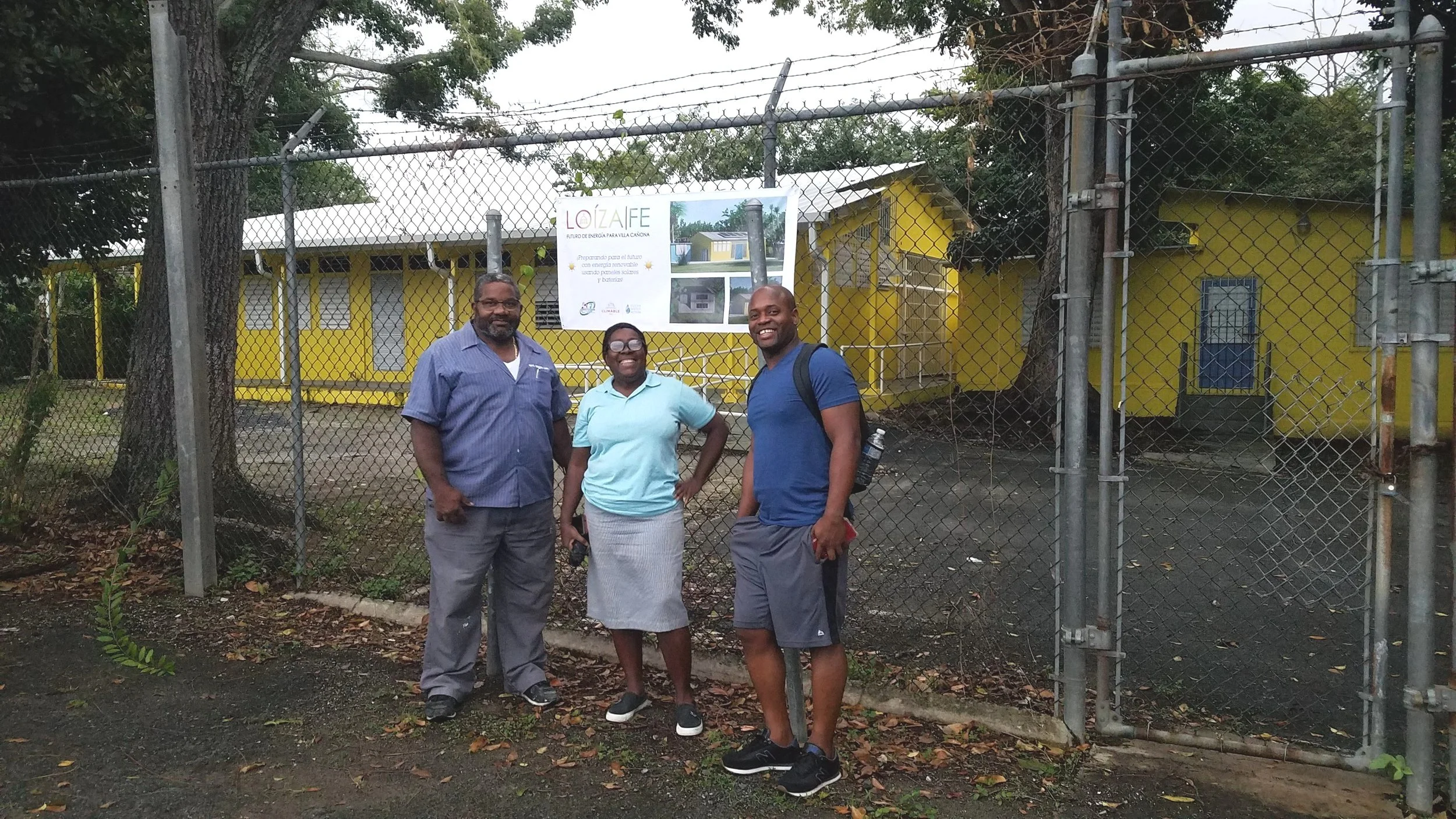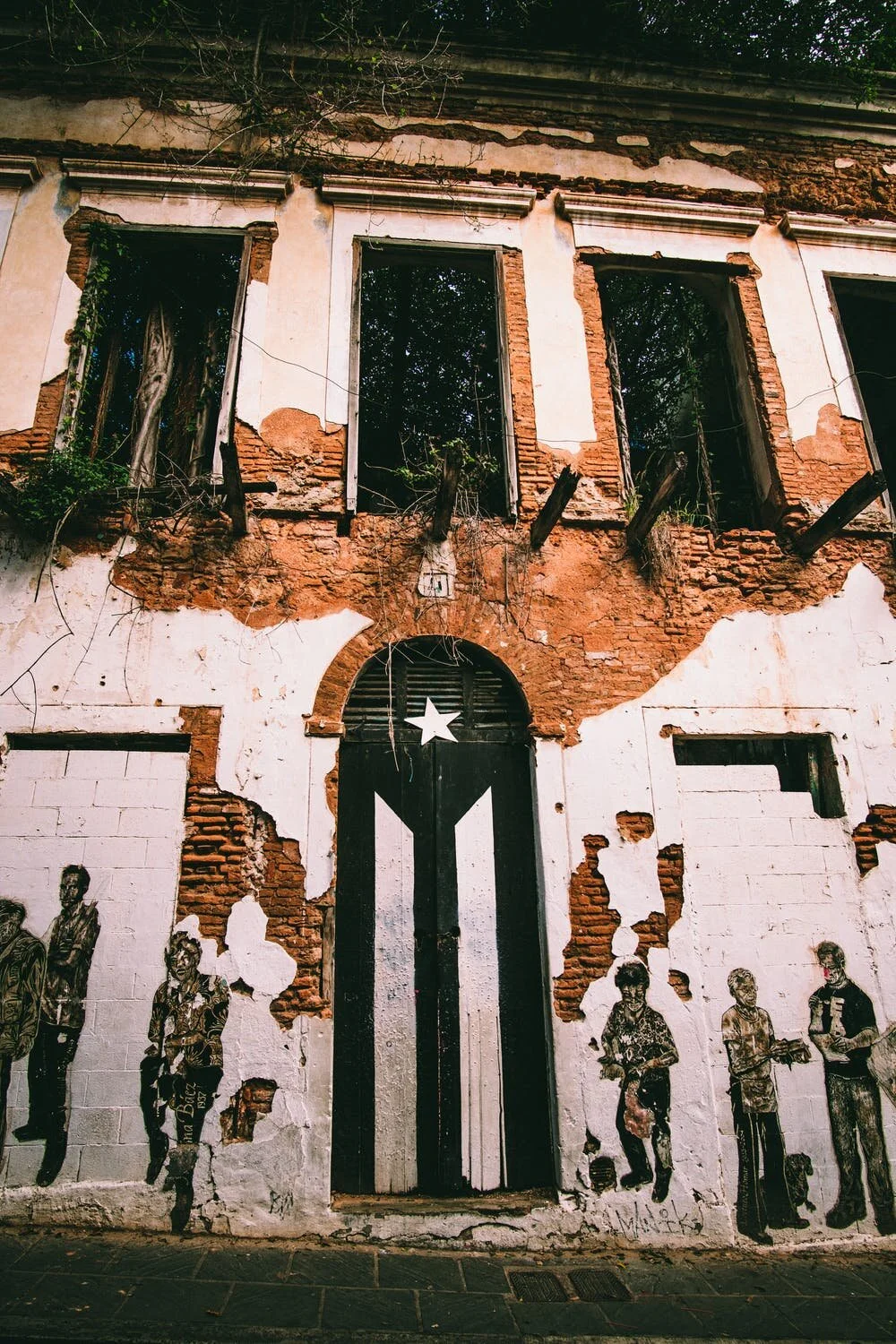Environmental justice (EJ) is a buzzy phrase these days, and for good reason. Across the country and around the world, efforts to address environmental injustices are on the rise. However, to most effectively address these issues, we must expand our definition of EJ and our understanding of who is most impacted. Through a case study on Puerto Rico, this blog demonstrates how colonization and a lack of self-determination take away the possibility of truly achieving EJ.
Puerto Rico's Sunny Future
Biden and Harris’s Plan for Puerto Rico Explained
Puerto Rico has been a large focus of Team Climable’s conversations lately. Last week we hosted a virtual documentary screening and fundraiser for our clean energy work in Loíza, Puerto Rico (psst.. you can still donate)! We were joined by 3 stellar guest panelists, Alex Papali, Political Director of the Center for Economic Democracy, Amalia Saladrigas Malaret, Tom Graff Diversity Fellow at Environmental Defense Fund Puerto Rico, and Jorge Díaz Ortiz, Co-Director of AgitArte and local organizer in Puerto Rico.
Revisiting Puerto Rico
Energy Democracy & Puerto Rico
Fossil fuels aren’t just bad for the environment. They’ve arguably made their multinational companies richer while exacerbating social injustices and negatively impacting health and well-being in vulnerable populations. Energy democracy looks to reverse this narrative as it redistributes power by resisting the status quo and reclaiming and reconfiguring energy infrastructure.
Why Not Give Solar Stills A Shot?
It’s been 2 months since Hurricane Maria hit Puerto Rico and access to water remains an enormous issue. A simple technology that has been around for ages can create potable water and should be incorporated into federal and municipal resiliency plans. Puerto Rico would be the ideal place to start testing it out.









